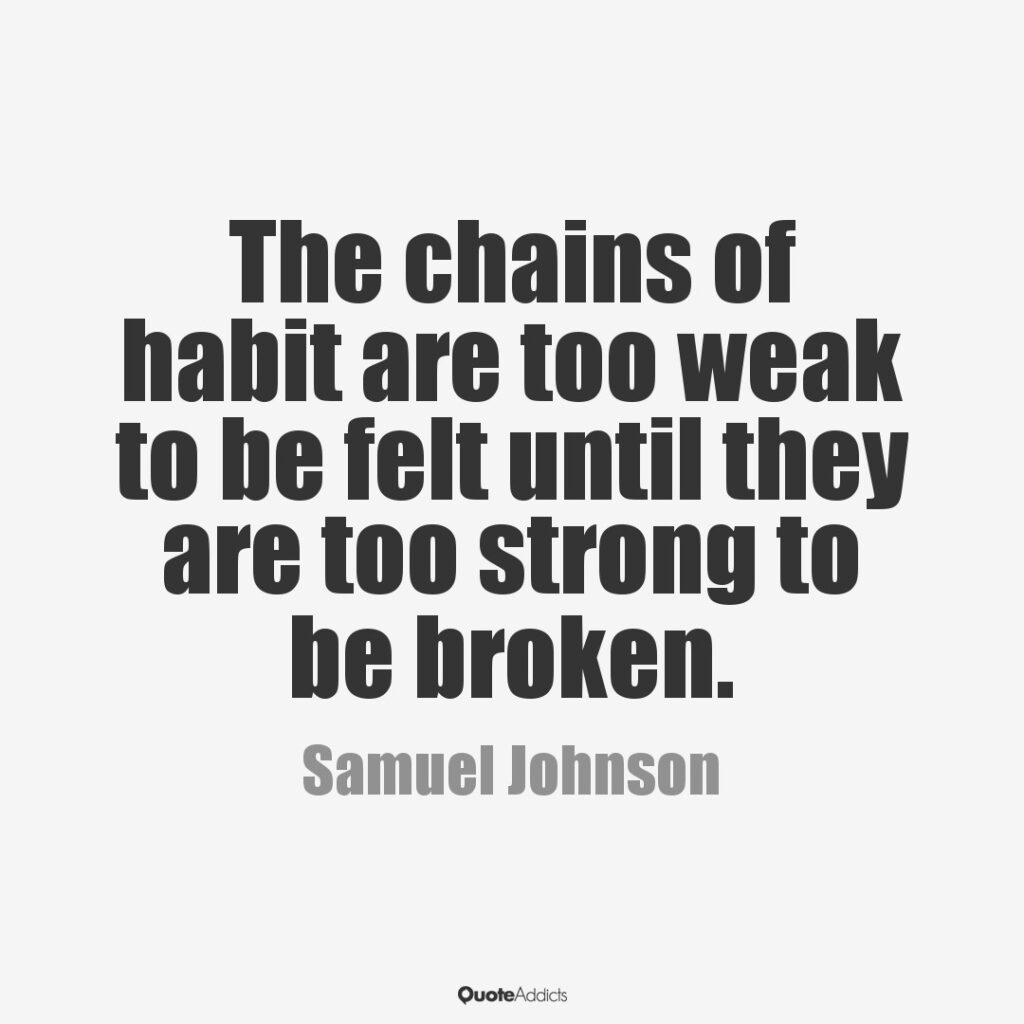“Sir, what do you advice me to do to advance in my career or to become stable in life? My boss is so cruel and/or my colleagues are not supportive to me and I feel stuck in my career for quite some time!” This is one of those common questions and comment I’ve been hearing by professionals in my meet ups with them, in the my trainings and otherwise.
In “So Good They Can’t Ignore You”, author Cal Newport says that what makes ridiculously successful people so successful is they’re experts at practicing — they can push themselves to the exact limit of their skill set and thus expand their abilities day after day. If you’re not expanding yourself in such a fashion — called ‘deliberate practice’ in the organizational psychology literature — you’ll never be ridiculously successful.
What most people don’t realize is that the life is not about the situation you find yourself in. It’s about the level of “deep domain mastery” you have. This is what my experience has revealed after closely observing the truly successful people in my life. In the modern world you are generally surrounded by generalists, jacks of all trades; but being a generalist won’t get you far in life. Stop being a generalist. It’s like one of my mentor said to me some 18 years ago when I started my professional journey:
“Be so good in what you do that no one can ignore you easily.”
Only when you have a niche in whatever you do and you’ll be so good that even the opponents will be forced to pay attention. If you remain a jack of all trades you’ll stay ignored. My father being a very successful high school teacher had always advised me to learn from the best people around and within his capacity, he tried to make sure that I’m learning from the best available resources possible at that time. He passed away in 1992 when I was 17 and since then, years after years after years, I’ve realized that it was the amazing advice in my childhood and had profound impact on my life. Today I’d like to share with you 3 things you should focus on if you seriously do not want to live a life of mediocrity.
1. Practice, practice, practice:
“It is the quality and quantity of practice, not genes, that is driving progress.”
Arnold Schwarzenegger talks about the same thing in his autobiography, “Total Recall.“
“It’s all about reps and sets when it comes to weights. There are no shortcuts and you need a very high volume of practice to get good at anything.”
This does not just apply to the body and weight lifting, but to any other field. Ignore all the be-fooling books that are being published about how you can bypass the practice by adopting xyz shortcuts. It’s not about shortcuts, tricks, and the genes you were born with. It’s about practice the things you want to master in life. You’ll find best shooters in an army are the ones who keep practice shooting to the highest extent. Are you practicing the skills you want to master? If yes, to what extent?
2. Strive for Excellence in light of your vision:
“Every endeavor pursued with passion produces a successful outcome regardless of the result. For it is not about winning or losing—rather, the effort put forth in producing the outcome.” – Matthew Syed (Bounce: Mozart, Federer, Picasso, Beckham, and the Science of Success) ”
At different times in your life you probably struggle with big decisions like which major you should take in the university, which diet plan you should follow for better health, which career you should pursue, which person you should marry…And you might have been paralyzed because you were concerned about whether the decision is right or wrong. But forget that obsolete, black-and-white type thinking e.g. take computer science because this is hot these days and most students are going there, or apply for immigration to New Zealand because everyone is going there! 🙂
What I’ve learnt from visionary people is a completely new way to think about those types of decisions. This requires rewiring the neural pathways of most people’s brains. The key factor is not whether one thing is right or wrong. The key, instead, is that first you must know the bigger picture (ultimate vision that you want to pursue) of life, then see what is aligned with your visions and then when you do something that takes you closer to your vision, do it with intense passion, I call it ‘Excellence’. Even if you don’t get the desired result, at least you will have been training your brain to do something with immense focus, energy, and passion.
Think of your destiny and what you want to do with your life. You will only achieve what you want if you put the real effort in. Whatever you do, don’t do things half-hearted. You’re training your brain to be a generalist. The issue is the habit that you’re gradually developing. I recently found out this beautiful quote:

Live in a world where people struggle to really take hold of anything and take ownership of it. Famous businessman Warren Buffett was once asked for his best career advice and he said to do something with passion because:
“The truth is, so few people really jump on their jobs, you really will stand out more than you think. You will get noticed if you really go for it.”
Look at Islam as one of the greatest values that Islam has taught to us is “Excellence”. In the language of Quran it is called “Ihsaan”, meaning of which is “to do something in the most beautiful manner within the available resources.” There is a Hadith of Prophet Muhammad (sas) where he says:
عن كليب ؓ قال رسول اﷲﷺ :
اِنَّ اﷲَ یُحِبُّ مِنَ الْعَامِلِ اِذَا عَمِلَ اَنْ یُّحْسِن
“Verily Allah loves that when a person does something, he does it the best/most beautiful way possible.” – Sahih Al-Jame (1891)
3. The 10,000 hours or 10 years:
“How long do you need to practice in order to achieve excellence? In his 2008 book “Outliers”, Malcolm Gladwell wrote that “ten thousand hours is the magic number to attain mastery.”
Extensive research by other psychologists has come up with a very specific answer to spend minimum 10 years to reach the world class status particularly in complex areas. In chess, for example, Herbert Simon and William Chase, two American psychologists, found that nobody had attained the level of an international grand master “with less than a decade’s intense practice with the game.” An analysis of the top nine golfers of the twentieth century showed that they won their first international competition at around twenty-five years of age, which was, on average, more than ten years after they started golfing. The same findings have been discovered in fields as diverse as mathematics, sports like tennis and cricket, swimming and writing.
If you’re from a cricket playing nation, look at the great cricket players like Sachin Tendulkar, Wasim Akram and Shane Warne who started playing cricket in their childhood in the cities of Mumbai, Lahore and Melbourne respectively and it took them 10 or more years in the international arena to become “Little Master”, “Sultan of Swing” and “Sultan of Leg-spin”.
How much time Khalid Bin Waleed (ra) spent in defence to became General Khalid Bin Waleed that we know? How much time Umar Bin Khattab (ra) took to establish one of the greatest governments of all times and the best of systems to manage a 2.2 million square kilometers state? They were the best of the people that the world has seen.
How much learning, time and practice you need to become great at least in what you do?
So leave behind all your get-rich-quick schemes, lottery-ticket mentality and short cut approach to be truly successful in this life and even hereafter. If you want ultimate success, you need to give a lot of time to practice and seek right advice from right mentors.
Follow the clear 1-2-3-4 steps to be great.
1. Learn to know yourself. Define your visions and the bigger picture of life.
2. Choose your profession wisely and don’t deviate for a decade or 10,000 hours, whatever comes first
3. Develop deep domain mastery in what you have chosen for yourself.
4. Reap the harvest and enjoy the fruits of your labor because now you cannot be ignored easily.
Looking forward to your comments as always.



